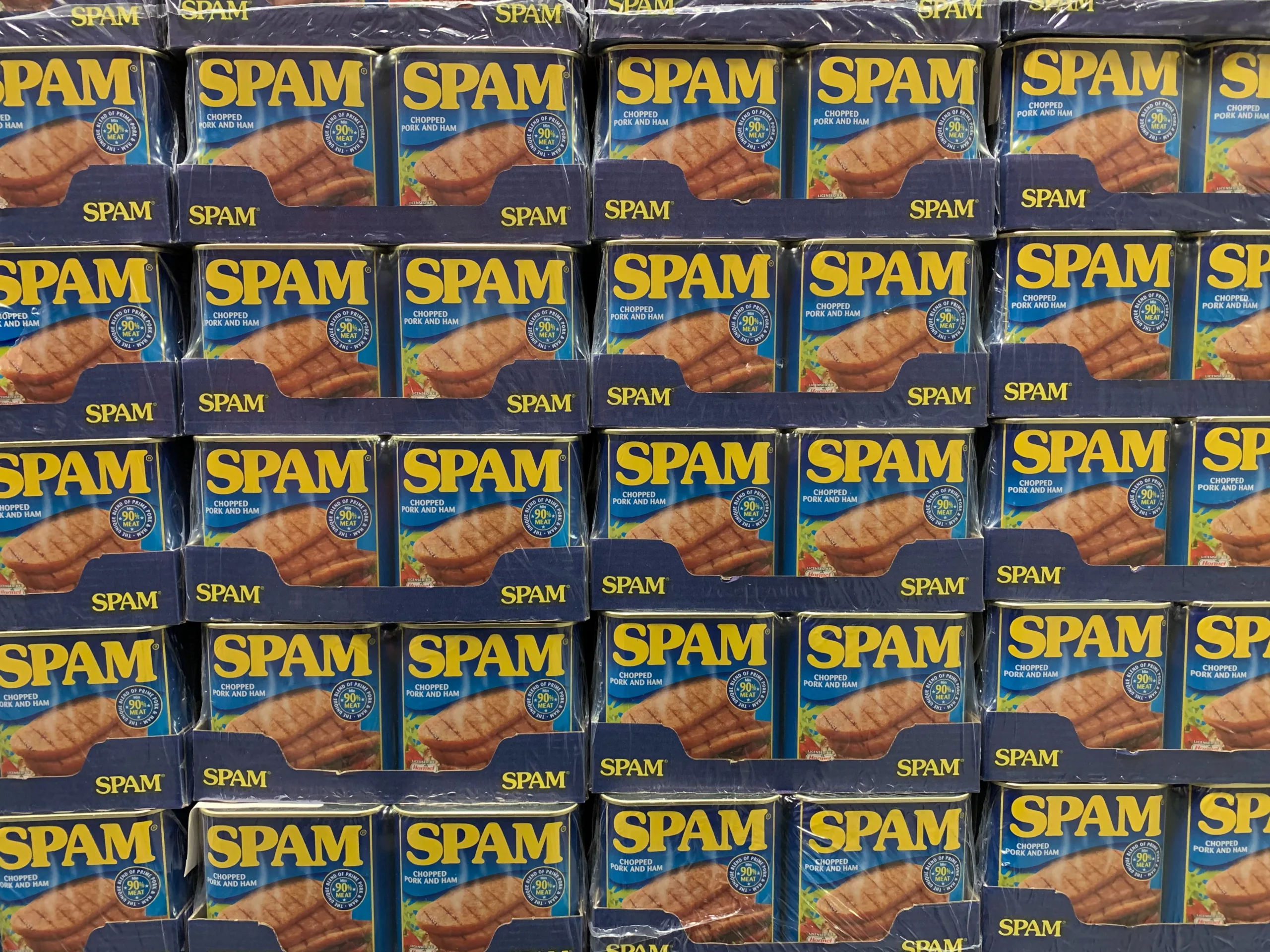As cat owners, we want to ensure that our feline companions receive a balanced and nutritious diet. While we may enjoy certain human foods like Spam, it’s essential to understand whether these foods are suitable for our cats. In this comprehensive guide, we will explore whether cats can eat Spam, identify toxic foods for felines, assess whether Spam is suitable for kittens, and provide insights into safe meat options for our beloved cats.
For more about cats click here
Introduction
The food we eat may not always be appropriate for our cats, as their dietary needs are different from ours. Spam is a processed meat product commonly consumed by humans, but can it be safely given to our feline friends? In this guide, we will explore the potential risks and benefits of feeding cats Spam, understand the importance of a balanced feline diet, identify foods that are toxic to cats, assess whether Spam is suitable for kittens, and provide guidance on safe meat options for our furry companions.
Can Cats Eat Spam?
No, cats should not eat Spam or any other processed meat products meant for human consumption. Spam contains a high amount of sodium, preservatives, and additives that are not suitable for feline consumption. Feeding Spam to cats can lead to digestive upset, sodium imbalances, and other health issues.
The Importance of a Balanced Feline Diet
A balanced and nutritious diet is essential for cats to maintain optimal health and well-being. Cats are obligate carnivores, meaning they require a diet predominantly consisting of animal-based proteins. A complete and balanced commercial cat food is specially formulated to meet all of a cat’s dietary requirements, including essential nutrients, vitamins, and minerals.
Toxic Foods for Cats
There are several human foods that are toxic to cats and should be strictly avoided. These include chocolate, onions, garlic, grapes, raisins, alcohol, caffeine, and certain artificial sweeteners, such as xylitol. Feeding these foods to cats can lead to severe health complications and, in some cases, be fatal.
Is Spam Good for Kittens?
Spam is not suitable for kittens or adult cats. Kittens have specific dietary requirements to support their growth and development. Feeding them Spam or other inappropriate foods can lead to nutrient imbalances and hinder their overall health and growth.
Safe Meat Options for Cats
When it comes to feeding meat to cats, it’s essential to offer them safe options that meet their dietary needs. Fresh, lean, and unseasoned meats such as chicken, turkey, and beef can be suitable for cats in moderation. However, it’s crucial to remove any bones, skin, and excess fat before feeding.
Frequently Asked Questions (FAQs)
Q1: Can I give my cat a small piece of Spam as a treat?
No, Spam is not safe for cats, even in small amounts. The high sodium content and additives in Spam can be harmful to feline health.
Q2: What should I do if my cat accidentally ingests Spam?
If your cat accidentally ingests Spam or any other toxic human food, contact your veterinarian immediately. Prompt medical attention is essential to minimize potential harm.
Q3: Are there any human foods that cats can safely eat?
While cats have specific dietary needs, some human foods, such as small pieces of fresh, unseasoned meat, can be given to cats in moderation. Always consult with your veterinarian before introducing any new food to your cat’s diet.
Q4: Can cats eat canned tuna or salmon?
While cats may enjoy the taste of canned tuna or salmon, it should be given as an occasional treat and not as a regular part of their diet. Canned tuna or salmon may lack essential nutrients found in complete and balanced cat food.
Q5: What are some signs of food toxicity in cats?
Signs of food toxicity in cats may include vomiting, diarrhea, lethargy, loss of appetite, difficulty breathing, seizures, and in severe cases, coma or death. If you suspect your cat has ingested a toxic food, seek immediate veterinary attention.
Conclusion
Cats should not eat Spam or any other processed meat products meant for human consumption. As obligate carnivores, cats require a balanced diet rich in animal-based proteins to thrive. Offering them complete and balanced commercial cat food is the best way to meet their nutritional needs. When considering feeding meat to cats, opt for fresh, lean, and unseasoned options, while avoiding toxic human foods. By understanding and meeting our feline friends’ dietary needs, we can ensure they lead happy, healthy lives as cherished members of our families.
Click here for more
